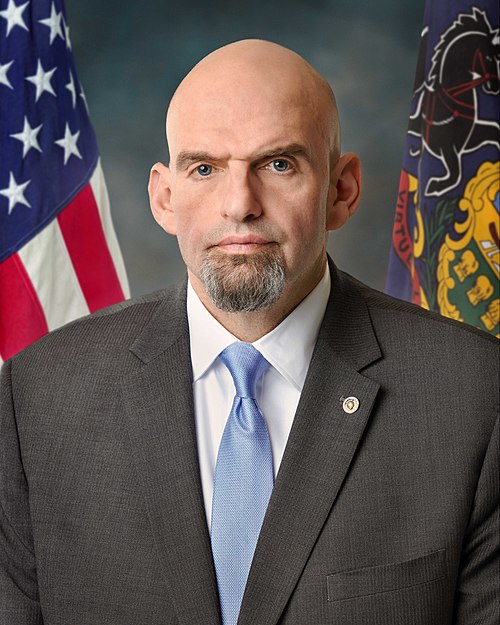S. 1475: Clean Cloud Act of 2025
This bill, known as the Clean Cloud Act of 2025, aims to amend existing environmental regulations, specifically the Clean Air Act, to address electricity consumption and emissions associated with data centers and cryptocurrency mining facilities. Here’s a breakdown of its key provisions:
Definitions
The bill introduces specific terminology relevant to the discussions, including:
- Covered Facility: Refers to data centers or cryptocurrency mining facilities with over 100 kilowatts of installed power.
- Cryptomining Facility: Locations dedicated to cryptocurrency mining, which could be a standalone structure or part of a larger building.
- Data Center: Defined according to the previous Energy Independence and Security Act.
Data Collection Requirements
The bill mandates annual data collection on electricity consumption and emissions from owners of covered facilities and the electric utilities that supply them. This includes gathering:
- Location of the facility.
- Type of facility (data center or cryptomining).
- Owner details.
- Total annual electricity consumption.
- Percentage of energy sources (wind, solar, etc.) used.
Greenhouse Gas Emission Standards
This legislation aims to establish performance standards for emissions based on electricity usage in covered facilities. It would involve:
- Calculating the greenhouse gas emission intensity of electricity consumed.
- Setting annual baselines for acceptable emission levels that decrease over time.
Fees and Penalties
Starting in 2026, the bill introduces a fee structure for electric utilities and covered facilities based on their greenhouse gas emissions relative to established baselines. Key aspects include:
- Utilities will pay fees based on the emissions intensity of the electricity they supply to covered facilities.
- Covered facilities will face fees on the emissions from their own electricity consumption above baseline levels.
- Fees will increase annually, which is adjusted for inflation.
Funding and Grants
The bill allocates a percentage of the collected fees to various initiatives, including:
- Support for residential affordability programs to offset costs resulting from increased electricity demands.
- Grants for research and development of zero-carbon electricity generation and long-duration energy storage solutions.
Public Availability of Information
Annual reports will be made publicly available, summarizing energy consumption data and greenhouse gas emissions for each covered facility, promoting transparency and accountability.
Confidential Business Information
Some collected information will be considered confidential, while other data will be publicly disclosed as required.
Severability Clause
The bill includes a provision that maintains its validity even if some parts are found unconstitutional.
Relevant Companies
- COIN (Coinbase Global Inc.): As a major player in cryptocurrency trading and services, increased regulations on mining facilities could impact their operations and compliance costs.
- BTCC (Bitcoin Group SE): As a cryptocurrency firm with mining operations, new emission standards could affect their energy procurement strategies and overall profitability.
- MARA (Marathon Digital Holdings): As a cryptocurrency mining company, potential fees and restrictions on emissions could impact their financial performance and operational decisions.
- HUT8 (Hut 8 Mining Corp.): Similar to Marathon, HUT8's mining operations may face increased costs due to emissions regulations from this legislation.
This is an AI-generated summary of the bill text. There may be mistakes.
Sponsors
2 bill sponsors
Actions
2 actions
| Date | Action |
|---|---|
| Apr. 10, 2025 | Introduced in Senate |
| Apr. 10, 2025 | Read twice and referred to the Committee on Environment and Public Works. |
Corporate Lobbying
0 companies lobbying
None found.
* Note that there can be significant delays in lobbying disclosures, and our data may be incomplete.







